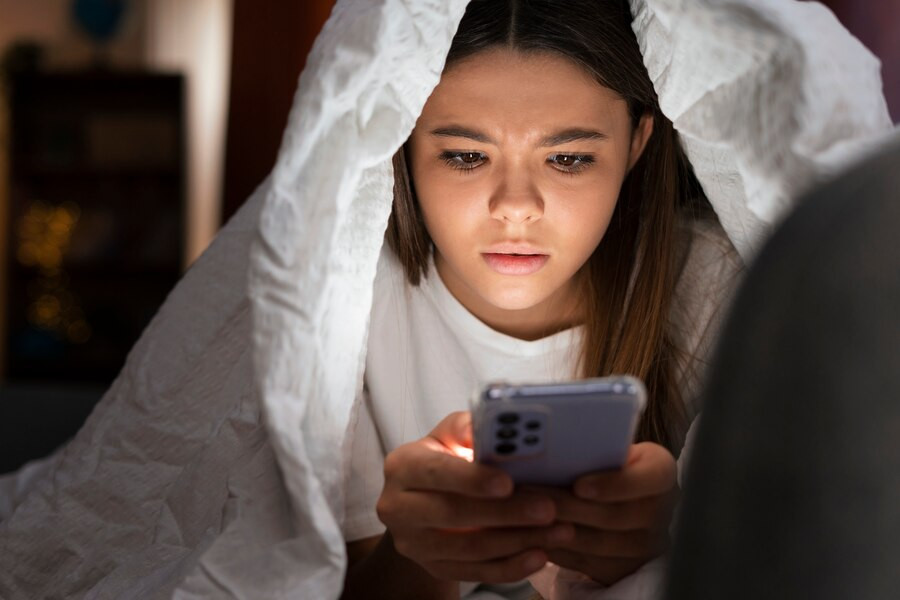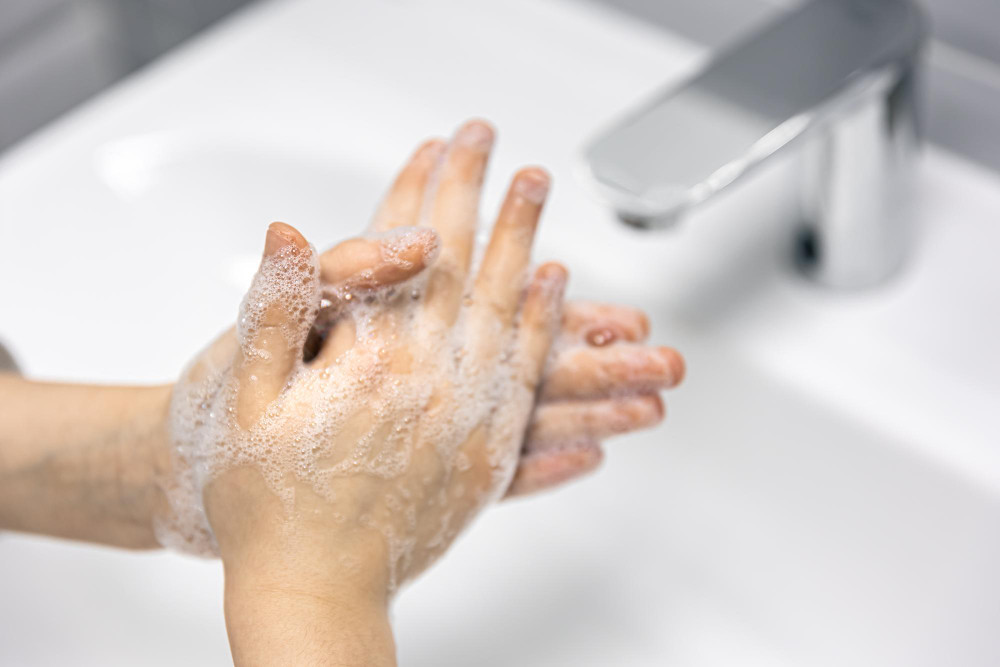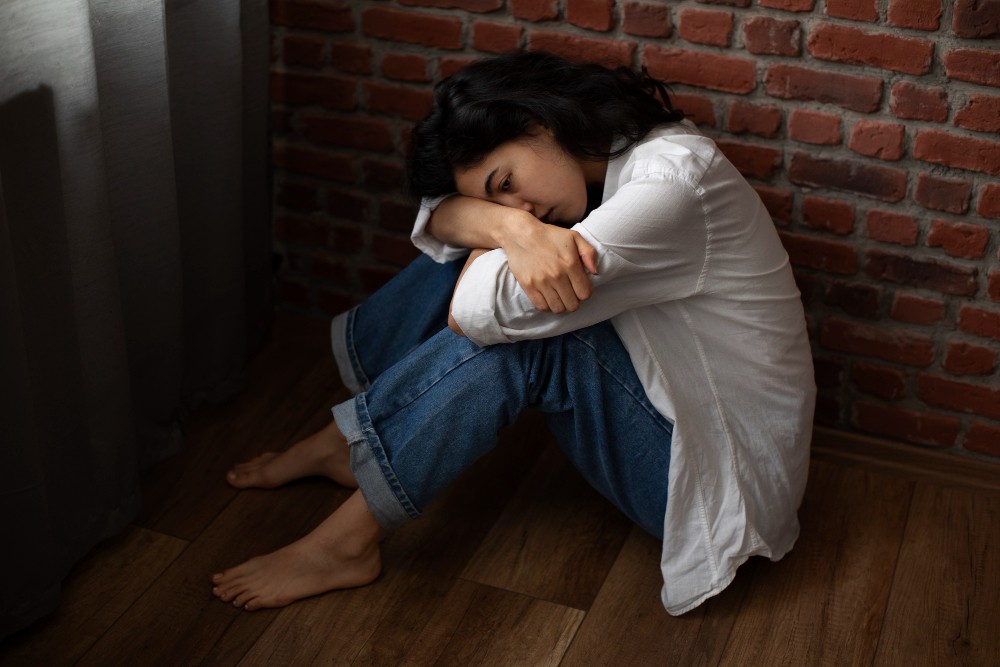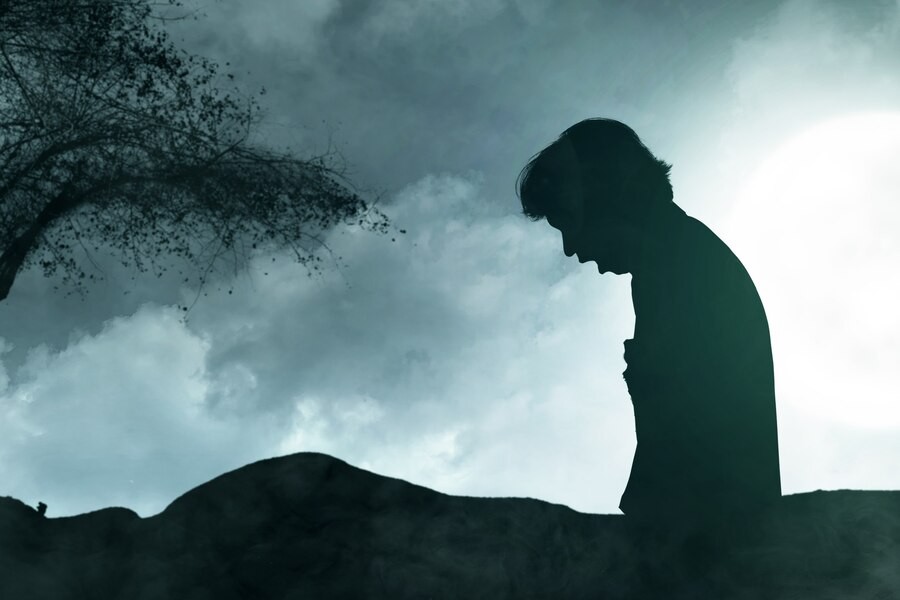Memiliki fobia sosial bisa berdampak pada kualitas hidup, meskipun tidak dianggap sebagai sesuatu yang berbahaya. Dengan fobia sosial, seseorang mungkin memiliki risiko lebih tinggi mengalami depresi, kecemasan yang terus-menerus, dan menghindari situasi sosial karena menyebabkan perasaan putus asa dan rendah diri.
Apa itu Fobia Sosial?
Merasa gugup pada situasi sosial tertentu, misalnya hadir di sekolah baru, tempat kerja baru, atau lingkungan tempat tinggal baru, sebenarnya adalah hal yang wajar. Namun, bagi sebagian orang, rasa gugup ini bisa berkembang menjadi sesuatu yang lebih dalam seperti gangguan kecemasan sosial atau fobia sosial.
Fobia sosial atau dikenal sebagai gangguan kecemasan sosial adalah kondisi mental yang menyebabkan seseorang merasa takut dan cemas berlebihan dalam situasi sosial. Hal ini membuat penderitanya sulit untuk berinteraksi dengan orang lain.
Baca Juga: Bagaimana Marah dan Kecemasan Menyebabkan Sakit Kepala dan Gejala Fisik Lainnya?
Tanda-Tanda Memiliki Fobia Sosial
Seseorang dengan fobia sosial mungkin memiliki beberapa tanda berikut:
Ketakutan ekstrem terhadap penilaian negatif
Orang dengan fobia sosial sering merasa takut berlebihan akan dinilai atau dikritik oleh orang lain. Mereka khawatir akan dihakimi, dipermalukan, atau dianggap tidak kompeten.
Menghindari situasi sosial
Orang dengan fobia sosial cenderung menghindari situasi sosial seperti pertemuan keluarga, pesta, arisan, atau bahkan berbelanja di tempat yang ramai. Mereka mungkin merasa cemas hanya dengan memikirkan situasi-situasi ini dan berusaha keras untuk menghindarinya.
Gejala fisik kecemasan
Saat berada di keramaian atau situasi sosial, penderita fobia mungkin mengalami gejala fisik seperti:
- Keringat berlebih
- Gemetar
- Detak jantung cepat
- Mual
- Pusing
Baca Juga: Ciri-Ciri Fisik Bila Mengalami Gangguan Kecemasan
Kecemasan yang intens
Fobia sosial sering menyebabkan seseorang mengalami rasa cemas yang intens. Rasa cemas ini dapat mengganggu tidur, menyebabkan kesulitan konsentrasi, kelelahan, dan merasa malu atau tidak aman.
Sulit berbicara di depan umum
Bagi orang dengan fobia sosial, berbicara di depan umum seperti presentasi atau berbicara di depan kelas bisa menjadi pengalaman yang sangat menakutkan dan stres. Mereka sering kali khawatir bagaimana mereka akan dinilai oleh orang lain, malu dan takut melakukan kesalahan, serta merasa tidak mampu berbicara di depan umum.
Kesulitan membuat dan menjaga hubungan
Karena ketakutan berinteraksi, orang dengan fobia sosial sering kali kesulitan dalam membuat dan menjaga hubungan pertemanan, termasuk hubungan percintaan saat mereka dewasa. Mereka merasa sulit membuka diri dan berkomunikasi dengan orang lain.
Rendahnya kepercayaan diri
Fobia sosial sering dikaitkan dengan rendahnya kepercayaan diri, di mana penderitanya selalu merasa tidak layak atau tidak cukup baik dibandingkan dengan orang lain. Hal ini dapat memperburuk kecemasan mereka dalam situasi sosial.
Menghindari kontak mata
Orang dengan fobia sosial mungkin merasa sangat tidak nyaman saat melakukan kontak mata dengan orang lain. Mereka cenderung menghindari tatapan langsung dan merasa cemas jika dipaksa melakukannya.
Menghindari aktivitas yang membuat mereka menjadi pusat perhatian
Penderita fobia sosial cenderung menghindari aktivitas yang dapat membuat mereka menjadi pusat perhatian, seperti menyanyi, berbicara di atas panggung, berdiskusi kelompok, atau bahkan merayakan ulang tahun di depan umum.
Ketakutan berinteraksi dengan otoritas
Selain situasi sosial umum, penderita fobia sosial juga biasanya merasa takut berinteraksi dengan figur otoritas seperti atasan di tempat kerja, guru, atau pejabat. Mereka merasa cemas akan penilaian dan kemungkinan dipermalukan dalam berinteraksi dengan pihak yang memiliki kekuasaan.
Apabila Anda atau orang yang dikenal menunjukkan tanda-tanda fobia sosial, sebaiknya cari bantuan profesional. Pengobatan, terapi kognitif perilaku, dan dukungan dari kelompok bisa membantu mengelola dan mengurangi gejala fobia sosial.
Anda juga bisa memanfaatkan layanan konsultasi kesehatan Ai Care dengan mengunduhnya di App Store atau Play Store.
Mau tahu informasi seputar penyakit lainnya? Cek di sini, ya!
- dr Nadia Opmalina
Health Direct (2024). Social anxiety disorder. Available from: https://www.healthdirect.gov.au/social-anxiety-disorder
Mayo Clinic (2021). Social anxiety disorder (social phobia). Available from: https://www.mayoclinic.org/diseases-conditions/social-anxiety-disorder/symptoms-causes/syc-20353561
Cleveland Clinic (2022). Social Anxiety Disorder (Social Phobia). Available from: https://my.clevelandclinic.org/health/diseases/22709-social-anxiety
Nicole LeMarco (2022). How Does Social Anxiety Affect the Brain?. Available from: https://psychcentral.com/anxiety/eye-tracking-evidence-shows-that-social-anxiety-changes-the-picture












